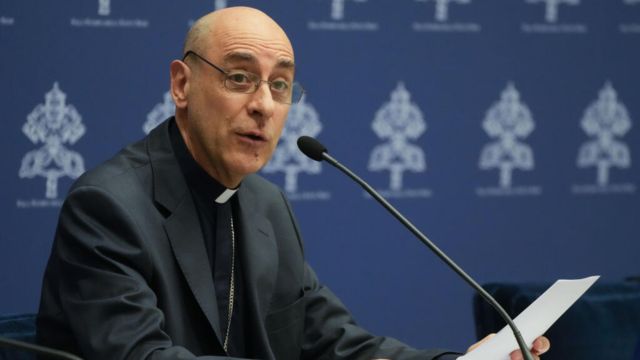The issue of gender-affirming surgery has become a focal point of intense debate and deliberation in recent times, particularly within the context of the Catholic Church’s stance, articulated through the Vatican. This position has ignited considerable controversy and discussions across various platforms. This blog post aims to delve into the Vatican’s perspective on gender-affirming surgery, exploring its theological and ethical dimensions while considering the broader implications it holds for the LGBTQ+ community.
The Vatican’s Official Position
The Catholic Church, guided by the Vatican, firmly asserts that gender-affirming surgery stands contrary to its teachings. Rooted in the belief that the human body is a divine gift, the Church views any alterations to it, including gender-affirming procedures, as a rejection of this sacred endowment.
Theological and Ethical Considerations
The Vatican’s stance derives from profound theological and ethical considerations. Central to its doctrine is the concept of the body as a vessel for the Holy Spirit, imbued with sanctity. Consequently, altering this vessel through gender-affirming surgery is deemed a transgression against the sanctity of the body. Furthermore, the Church maintains that gender is an immutable facet of individual identity, predetermined by divine will, and any attempt to alter it deviates from God’s intended plan for humanity.
The Impact on the LGBTQ+ Community
The Vatican’s position on gender-affirming surgery has evoked criticism and apprehension within the LGBTQ+ community. Many perceive the Church’s stance as detrimental and discriminatory, denying the validity and dignity of transgender individuals. Additionally, it’s argued that such views contribute to further stigmatization and marginalization, exacerbating the already profound challenges faced by LGBTQ+ individuals, with potential ramifications on their mental and physical well-being.
The Need for Dialogue and Understanding
In light of these contentious perspectives, there emerges an imperative for constructive dialogue and mutual understanding between the Church and the LGBTQ+ community. Such dialogue is essential to foster empathy and respect, bridging the gap between divergent viewpoints and upholding the dignity of all individuals.
The Future of the Church’s Stance
While the Vatican’s stance on gender-affirming surgery may remain steadfast in the foreseeable future, there exists an ongoing necessity for the Church to engage in introspection and dialogue. By critically examining the theological and ethical underpinnings of its position, the Church can aspire toward a more compassionate and inclusive approach, thereby fostering a society that embraces diversity and promotes equity.
Conclusion
In conclusion, the Vatican’s stance on gender-affirming surgery represents a multifaceted and contentious issue. While rooted in theological and ethical considerations, its implications for the LGBTQ+ community warrant careful consideration. Through dialogue and a commitment to understanding, the Church can strive for a more inclusive approach that upholds the dignity and rights of all individuals, regardless of sexual orientation or gender identity.

